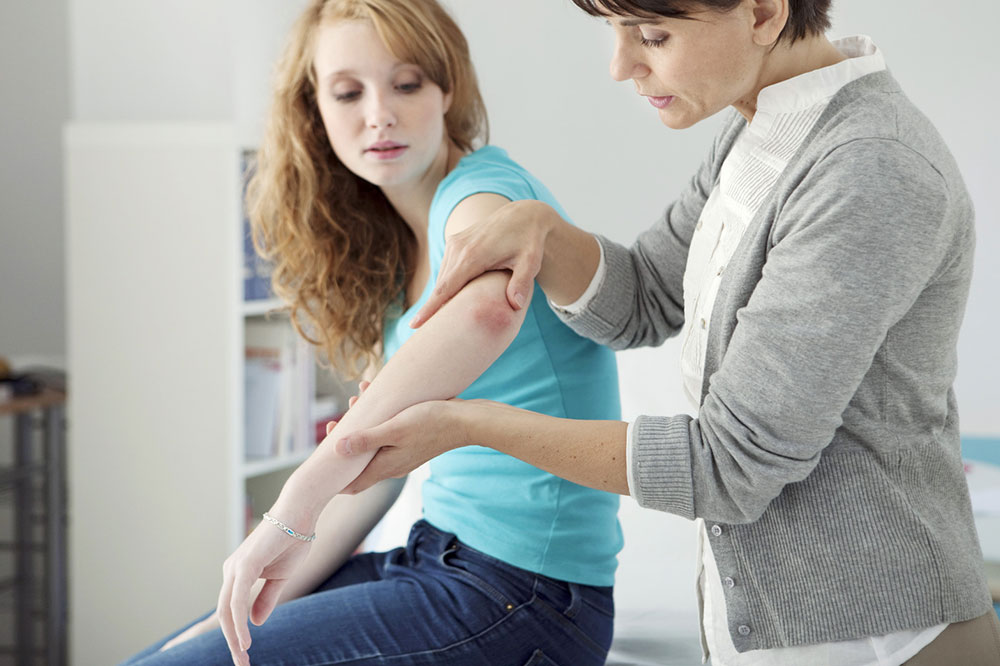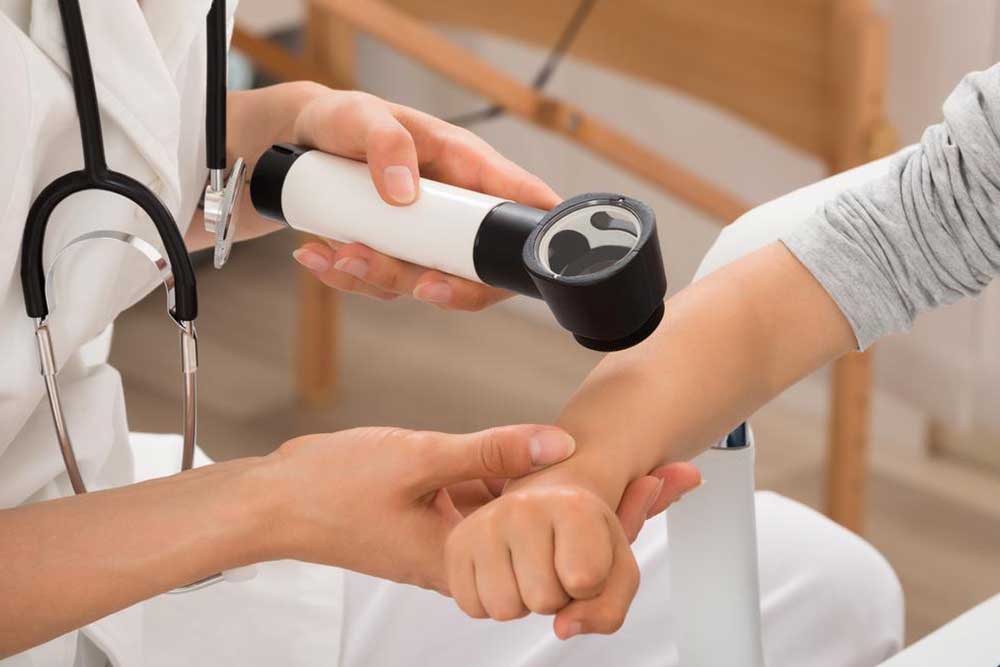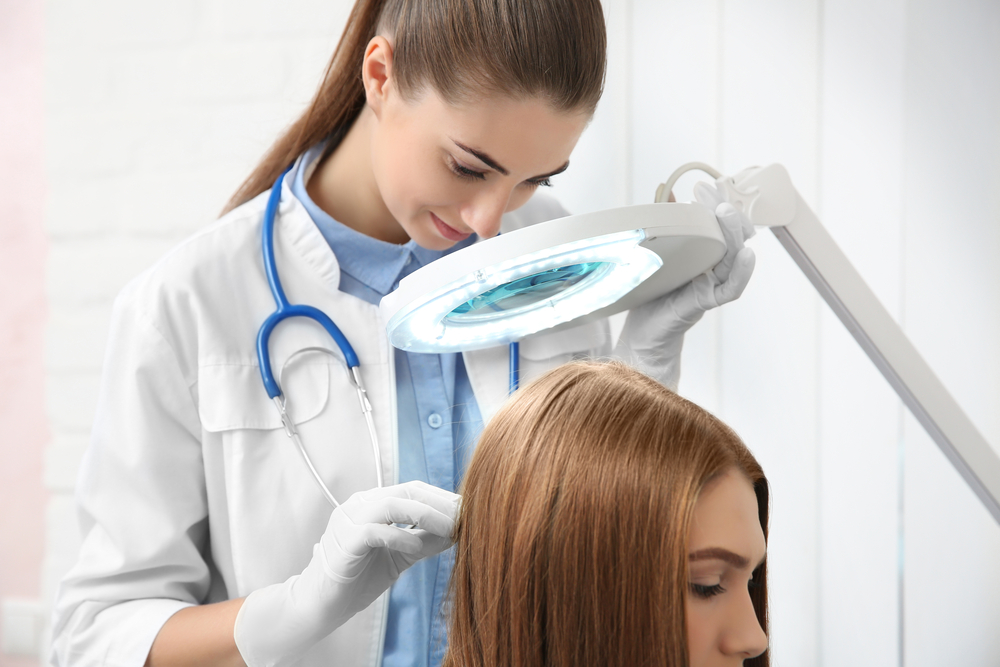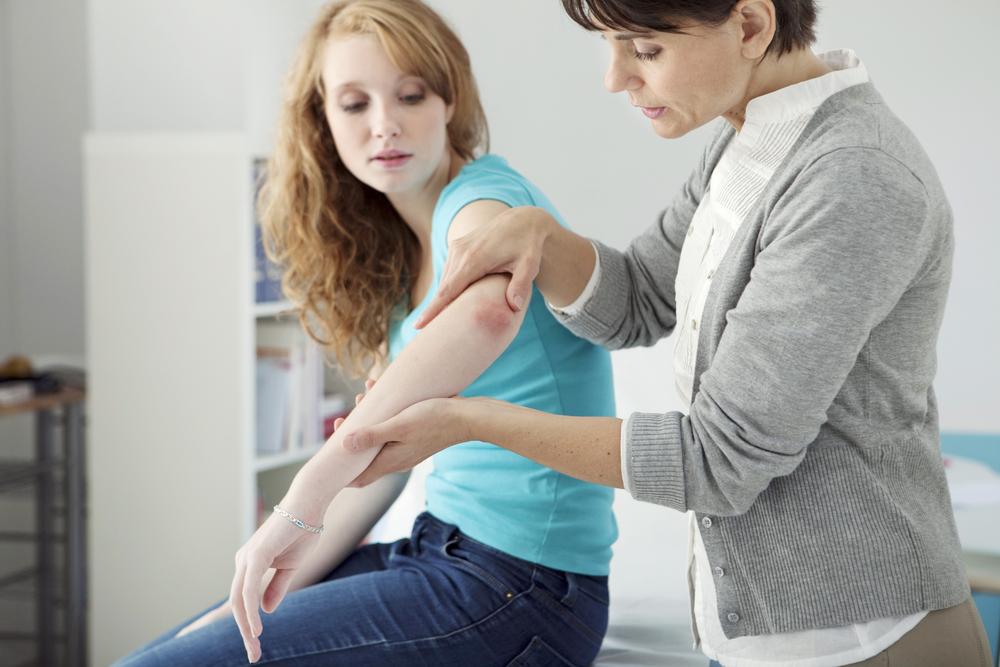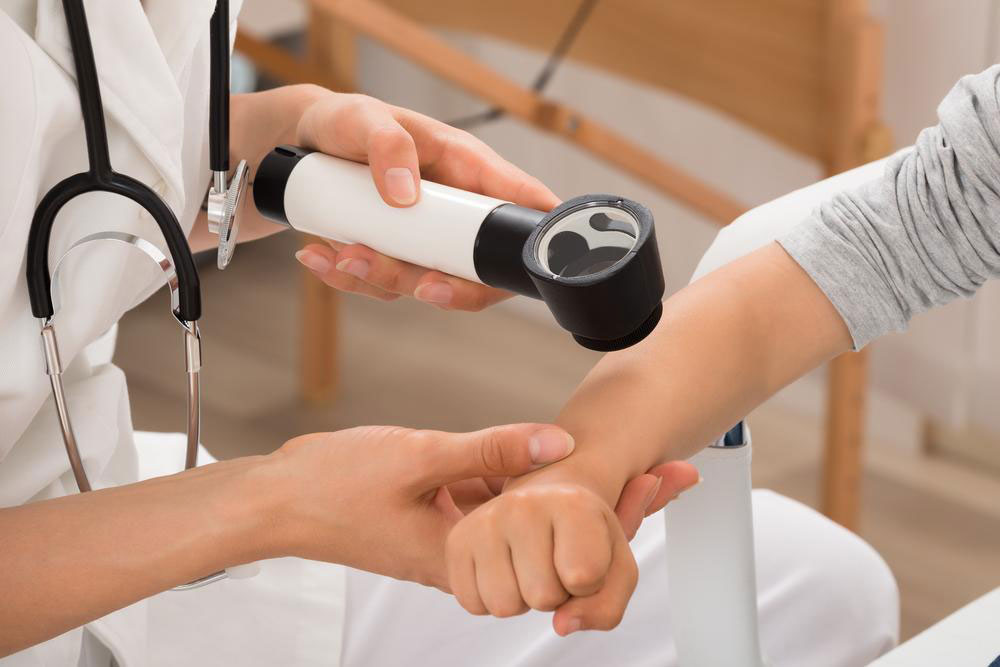Complete Guide to Psoriasis: Types, Causes, and Natural Management Techniques
This comprehensive guide explores psoriasis types, their causes, and natural strategies to manage symptoms effectively. Understand various treatment options, including natural home remedies and prescribed medications, to improve skin health and reduce flare-ups. Learn how lifestyle changes and stress management can contribute to long-term psoriasis control for a better quality of life.
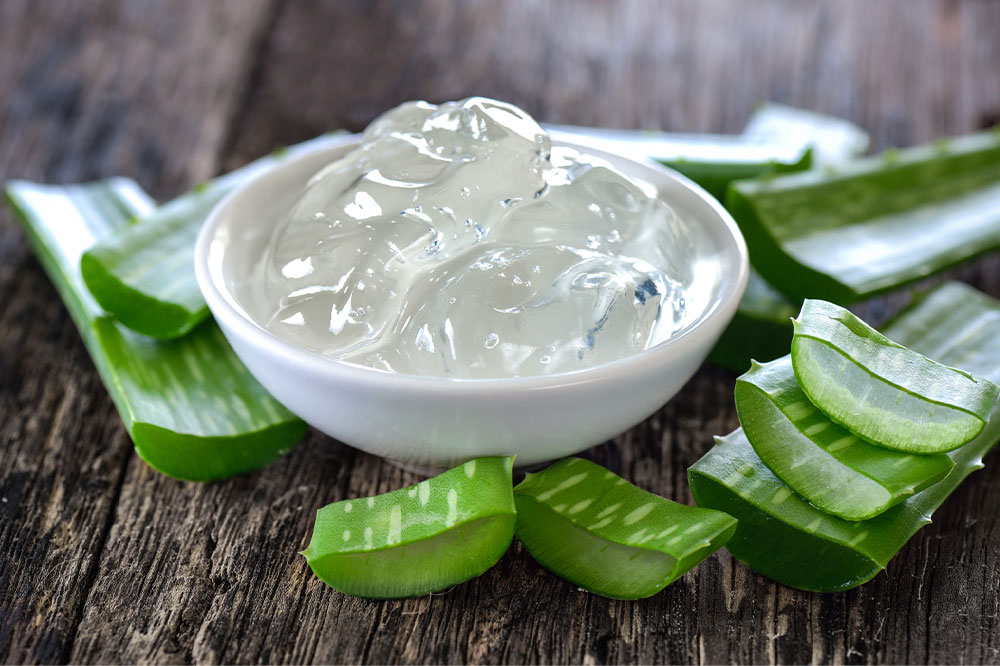
Understanding Psoriasis: Different Types and Home-Based Remedies
Psoriasis is a chronic autoimmune skin condition characterized by the appearance of red, flaky patches that can be itchy, painful, and sometimes accompanied by burning sensations. These patches, often covered with silvery scales, typically develop on areas such as the scalp, knees, elbows, and lower back. Although it is not contagious, psoriasis can significantly impact a person’s quality of life due to discomfort and aesthetic concerns. Managing psoriasis involves a combination of medical treatments, lifestyle changes, and natural remedies, which collectively help reduce symptoms and improve skin health.
Understanding the Variants of Psoriasis
The exact cause of psoriasis remains elusive, but scientists agree that it results from an overactive immune response. In psoriasis, the immune system mistakenly attacks healthy skin cells, causing them to regenerate at an abnormally rapid rate. This leads to the buildup of cells on the skin surface, forming the characteristic patches of psoriasis. Various triggers such as stress, infections, cold weather, and injuries can exacerbate the condition. Recognizing the specific type of psoriasis is crucial for selecting the appropriate treatment plan, whether it involves prescriptions or natural remedies.
There are several primary forms of psoriasis, each with distinct features and implications for treatment:
Plaque Psoriasis - The most prevalent form, accounting for roughly 80-90% of cases. Characterized by raised, red patches topped with silvery-white scales, often appearing on the elbows, knees, scalp, and lower back. These plaques can be itchy, inflamed, and sometimes crack or bleed.
Guttate Psoriasis - Appears as numerous small, dot-like lesions that resemble drops. These pinkish-red spots typically develop suddenly, often during childhood or young adulthood, and are frequently linked to infections like streptococcal sore throat.
Pustular Psoriasis - More severe, marked by white, pus-filled blisters (pustules) overlaying red, inflamed skin. Pustular psoriasis can be localized or cover large areas, causing discomfort, dehydration, and electrolyte imbalance. It sometimes warrants urgent medical attention.
In addition to these, psoriasis can manifest as scalp psoriasis, which causes red, flaky, and itchy patches on the scalp, often resembling dandruff but more persistent and harder to treat. Some individuals experience multiple types simultaneously, complicating management strategies.
Natural Remedies to Complement Psoriasis Treatment
Hydrating the Skin - Consistent moisturization is vital in reducing itching, redness, and scaling. Using fragrance-free, gentle emollients immediately after bathing helps lock in moisture and alleviate dryness.
Oatmeal Baths - Soaking in lukewarm water infused with colloidal oatmeal soothes inflamed skin. This natural remedy reduces itching and irritation. It’s recommended to soak for 15-20 minutes followed by gentle patting dry.
Apple Cider Vinegar - When diluted, apple cider vinegar can be applied with a cotton ball to affected areas to help diminish inflammation and discomfort. Precautions should be taken to avoid open wounds, as vinegar can sting.
Turmeric (Curcumin) - Known for its powerful anti-inflammatory properties, turmeric can be ingested or applied topically to help alleviate symptoms. Adding turmeric to meals or taking supplements may contribute to overall immune health.
Aloe Vera - Applying pure aloe vera gel directly to affected skin provides hydration and can calm irritation. Its cooling effect helps reduce redness and soothe itching.
Sun Exposure - Controlled sunlight exposure may improve psoriasis symptoms by slowing down skin cell growth. However, overexposure and sunburns should be avoided, as they can worsen the condition.
It’s important to understand that natural remedies are most effective when used in conjunction with medical treatments prescribed by dermatologists. Combining approaches can lead to faster relief and better skin health.Medical Treatments for Psoriasis
Topical Corticosteroids - These anti-inflammatory creams are the frontline treatment for reducing redness, swelling, and itching. They are typically applied once or twice daily, depending on severity and doctor's advice.
Vitamin D Analogues - Medications like calcipotriol help regulate skin cell production and diminish inflammation when applied directly to the patches.
Salicylic Acid - This keratolytic agent promotes the shedding of excess skin scales and thickened plaques. It’s often used alongside other therapies to improve effectiveness.
Calcineurin Inhibitors - Particularly used for sensitive skin areas such as the face or skin folds, these medications suppress immune responses to reduce inflammation without causing skin thinning.
Despite no known cure for psoriasis, ongoing treatment plans can significantly reduce the frequency and severity of flare-ups. Regular maintenance, healthy lifestyle choices, and stress management techniques like yoga, meditation, or acupuncture are integral to long-term control. A comprehensive approach combining medical intervention, natural remedies, and stress reduction techniques can profoundly improve quality of life for those living with psoriasis.